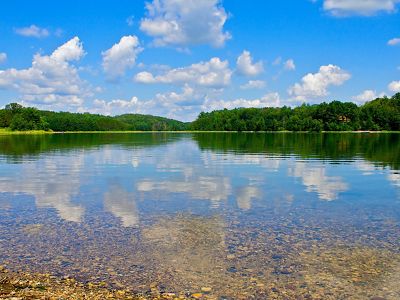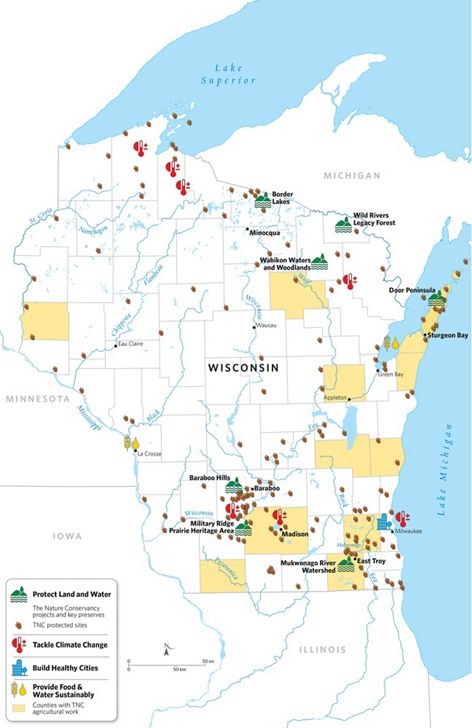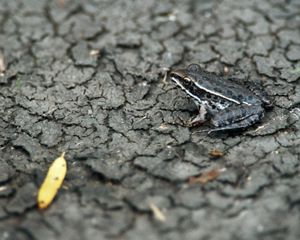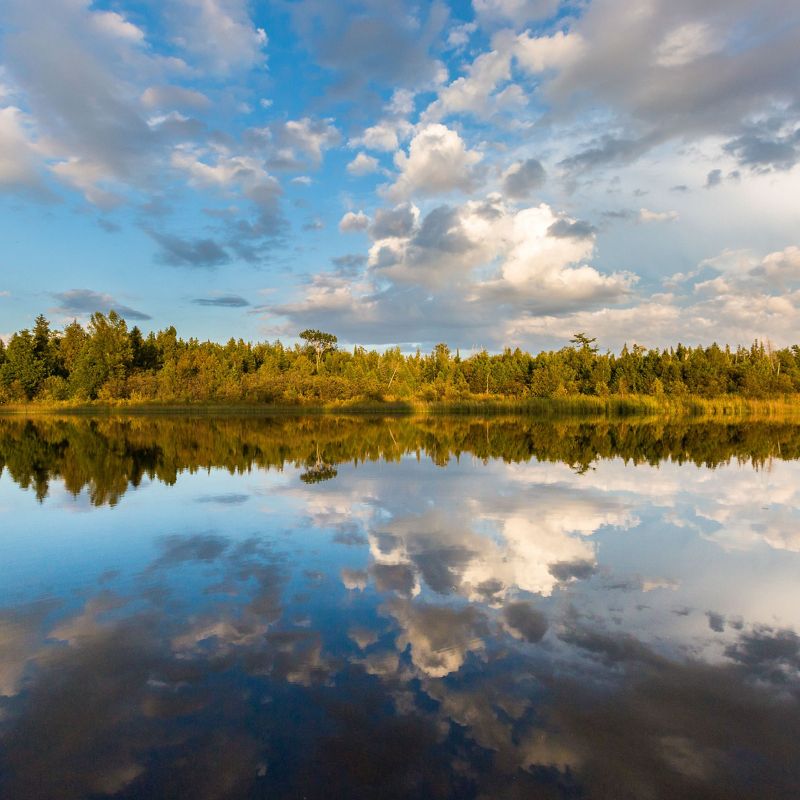
Our History of Conservation in Wisconsin
From the Northwoods forests to city blocks in Milwaukee, TNC is working to sustain people and nature throughout the Badger State.
Explore both our history and our future conservation plans in Wisconsin.
In 1960, a small group of people who loved Wisconsin’s lands and waters and were concerned that they were disappearing came together to take action to protect them. They formed the Wisconsin chapter of The Nature Conservancy.
Today, they and those who followed in their footsteps have protected more than 242,000 acres of Wisconsin’s most beautiful and diverse native habitats.
A big shout out goes to these early TNC founders and supporters and to our members, donors, volunteers and the organizations and agencies with whom we collaborate today for that remarkable achievement.
From climate change to degraded water, our natural world faces many challenges, and the time to address them is now. We'll focus on four vital priorities in the coming years, and you can help.
We're grateful for you and your efforts, and we invite you to continue to work with us and engage even more people to help solve these big challenges.
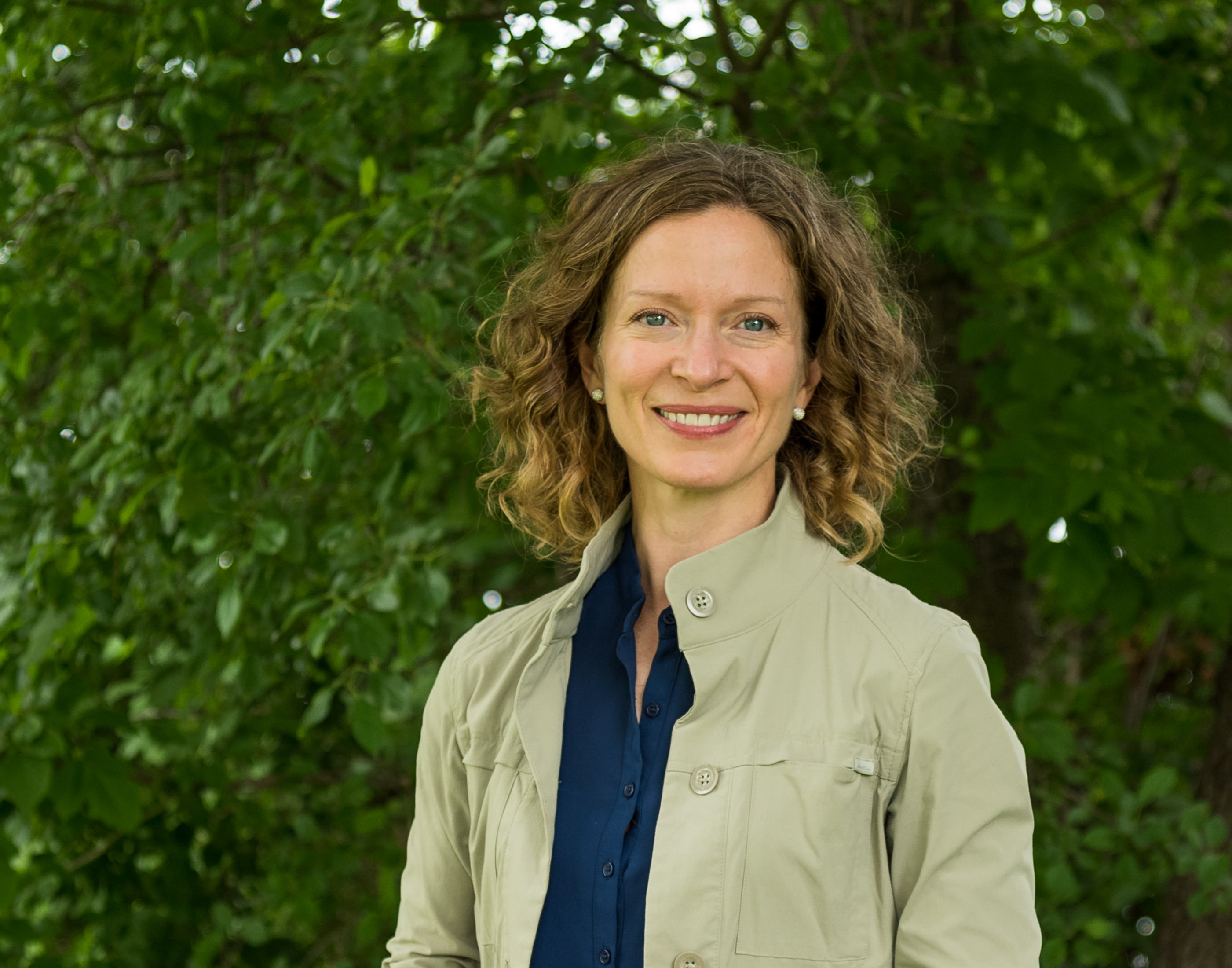
From our state director
What's Ahead for TNC in Wisconsin
It’s an exciting time to lead the work of the Wisconsin chapter of The Nature Conservancy! From a small but dedicated group of 38 members in 1960, we have grown to include more than 20,000 households who are helping protect the places in nature they care about.
The world has changed since our chapter's founding in 1960, and TNC continues to evolve as an organization to meet the conservation challenges we face today. I want to take this opportunity to share a little bit about our future direction and answer a few questions you might have about our conservation priorities.
Does TNC still protect land?
Yes! We have a 60-plus-year legacy of pioneering new and innovative ways of protecting some of Wisconsin’s most beautiful and diverse landscapes and waters. We are proud of the vast scope and scale of our land acquisition and restoration accomplishments and of the wildlife habitat and recreation opportunities they provide.
We continue to do that work and are focused on creating a network of connected lands and waters that are resilient in the face of climate change. We also know that nature can help solve problems like flooding and poor water quality, and we are working with communities, agencies and decision makers at all levels to invest in Wisconsin wetlands, forests and other natural lands to help address these challenges.
On the map above you can see all the places where we’ve protected land in Wisconsin (little acorns). Some of these lands have been transferred to other entities for long-term management and protection. You can also see the places where our other conservation strategies are touching down in Wisconsin. Download a larger version of the map showing our work in Wisconsin.

We Can’t Save Nature Without You
Sign up to receive monthly conservation news and updates from Wisconsin.
Our History of Conserving Wisconsin's Lands and Waters
1960-1969
Citizens concerned about the loss of Wisconsin’s native habitats formed the Wisconsin chapter of The Nature Conservancy and held their first meeting on May 6, 1960.
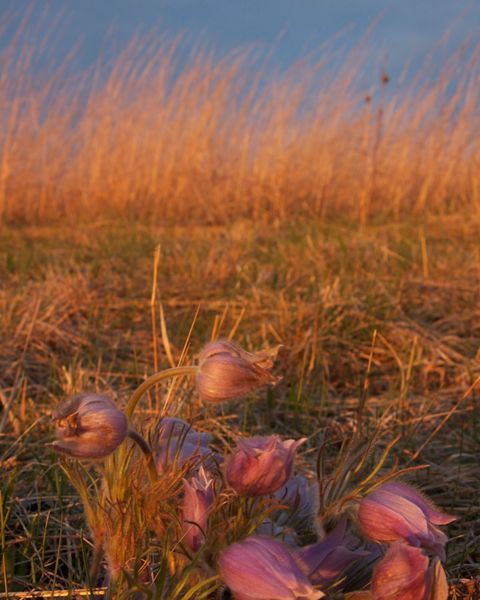
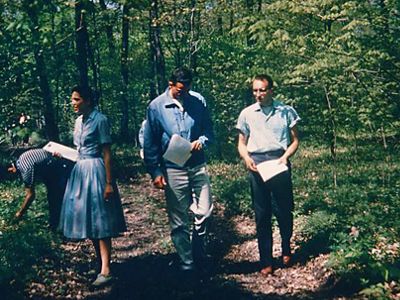
Abraham’s Woods in Green County, known for its spectacular display of spring wildflowers and noted by botanists for its floristic richness, was approved as the chapter’s first project. Refuge. At the time, this was the largest single acquisition in TNC history.

TNC purchased its first 80 acres in the Baraboo Hills at Hemlock Draw, a narrow gorge in Sauk County that supports hemlock, yellow birch and other species more common to northern Wisconsin.
1970-1979
With 2,248 acres already protected, TNC’s volunteer leaders focused on establishing a land management program and hired its first full-time staff member.
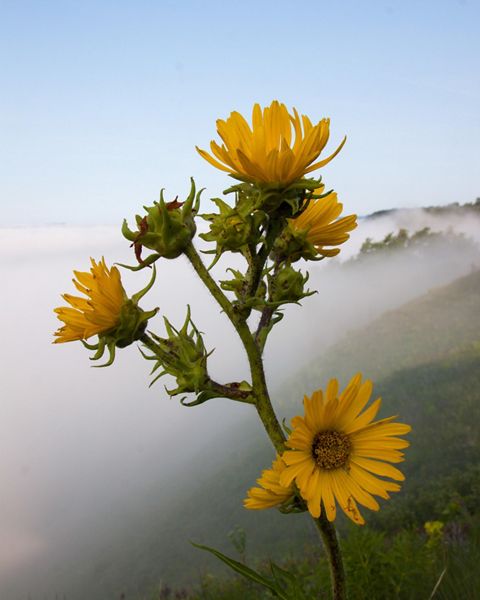

TNC Board established a Preserve Stewardship Committee to guide volunteers’ care and management of TNC-owned land.
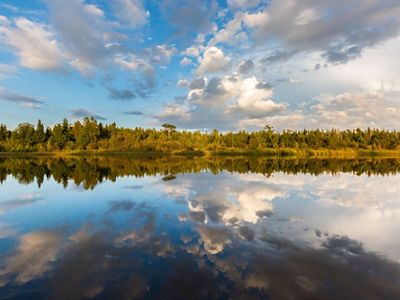
TNC purchased its first 60 acres at Mink River Estuary in Door County, a critical migration stopover site for birds. More than 200 species may pass through the area annually.
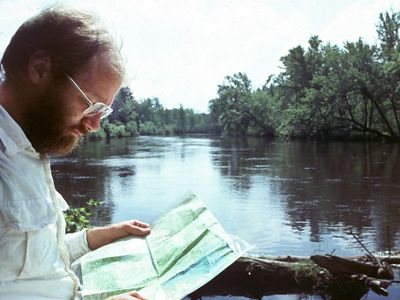
TNC Board approved its first paid staff position, hiring Russ Van Herik as a Field Representative and later first State Director. The chapter opened an office in Madison.
1980-1989
With paid staff and a growing membership, TNC helped pioneer new land protection tools and expand funding for conservation.
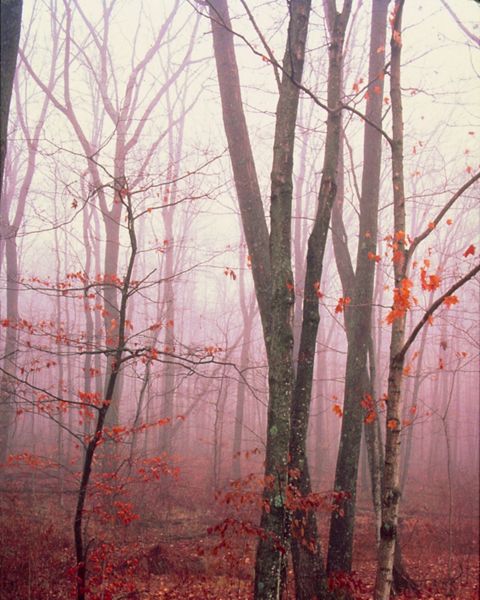

Responding to the desire of landowners to protect land along the upper Brule River from development, TNC purchased its first conservation easement, ultimately protecting a nine-mile stretch of this storied river.

TNC launched its first major fundraising campaign, raising more than $7 million in three years for conservation at places like Chiwaukee Prairie in southeast Wisconsin on the shore of Lake Michigan.

TNC staff and Board organized a comprehensive effort to advance creation of the $250-million, 10-year Knowles-Nelson Stewardship Fund, a key partner in the protection of Wisconsin’s lands and waters. TNC Wisconsin Board Chairman Cliff Messinger (left) shown here with Governor Tommy Thompson.
1990-1999
To more effectively accomplish its mission, TNC expanded its conservation efforts from single sites to entire landscapes in Wisconsin and globally.
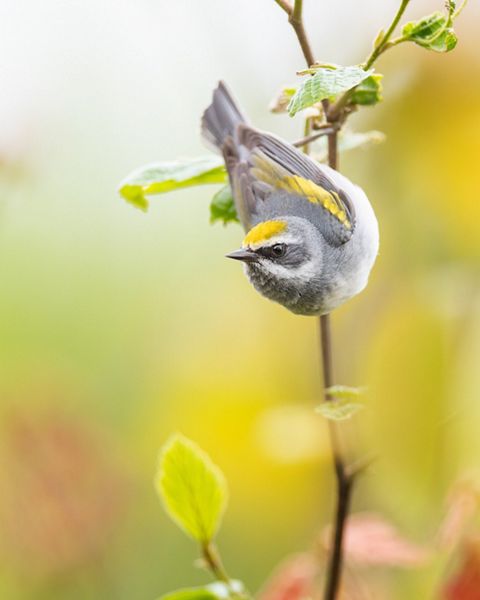
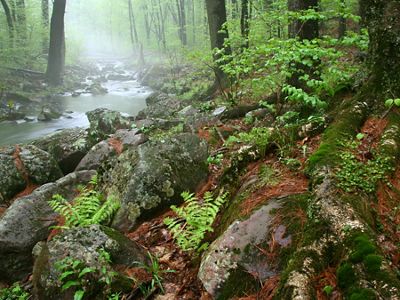
TNC chose the Baraboo Hills in Sauk and Columbia counties—the largest block of upland forest still standing in southern Wisconsin—as its first landscape project in Wisconsin.
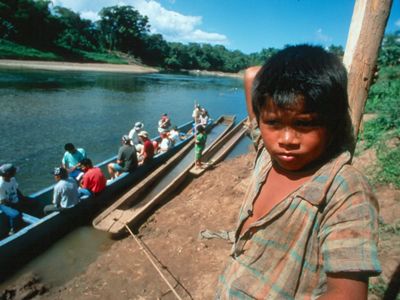
TNC’s global conservation program launched a project to protect the 2-million-acre Bosawas Biosphere Reserve in Nicaragua. The Wisconsin chapter was a catalyst in getting the project started and helped provide initial funding.
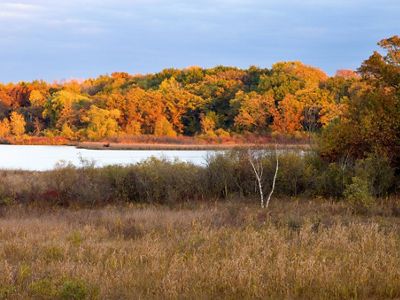
Chapter purchases first 396 acres at Lulu Lake Preserve, and eventually establishes a landscape-scale project in the Mukwonago River watershed.
2000-2009
The chapter continued its efforts to conserve entire ecosystems and expanded its collaboration with public and private partners to strategically target those places most important to maintain healthy, intact lands and waters.
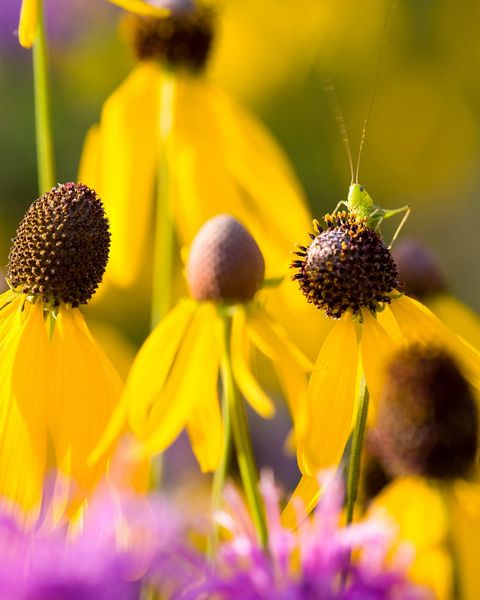
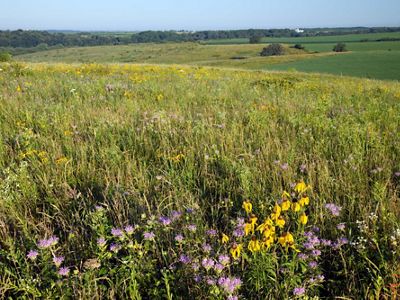
TNC joined with multiple partners to protect one of the highest concentrations of native grasslands remaining in Wisconsin at the Military Ridge Prairie Heritage Area in Dane and Iowa counties.
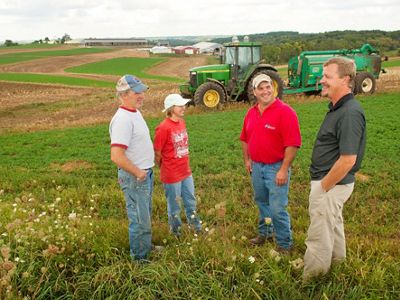
TNC joined partners in a pilot project in the Pecatonica River watershed to test how conservation practices like cover crops and changes to manure handling could improve soil health and water quality in streams.
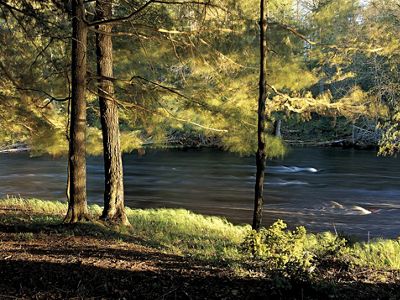
TNC completed the 64,600-acre Wild Rivers Legacy Forest project in northeast Wisconsin, the largest private conservation project in Wisconsin history.
2010-Present
With decades of conservation success to draw on, we are tackling some of the toughest problems facing people and nature today, replicating good ideas to save many places and improve people’s lives.
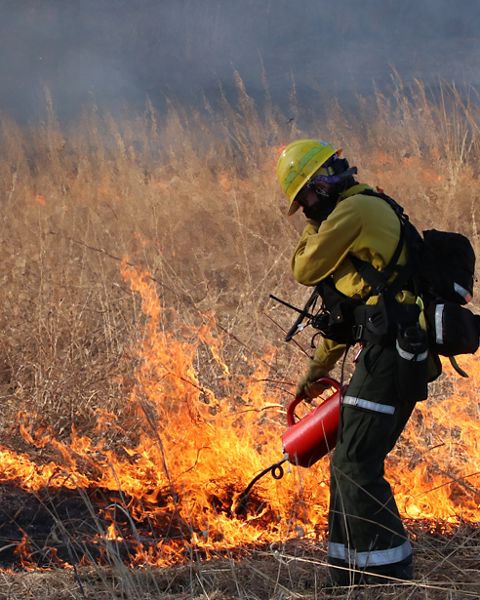
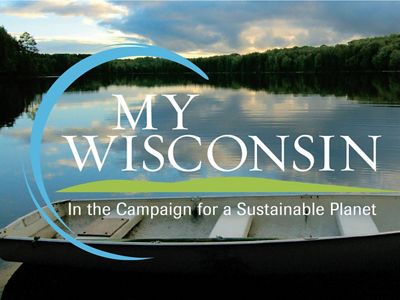
TNC donors and supporters helped the chapter complete its My Wisconsin campaign, raising more than $31 million for land and water conservation.
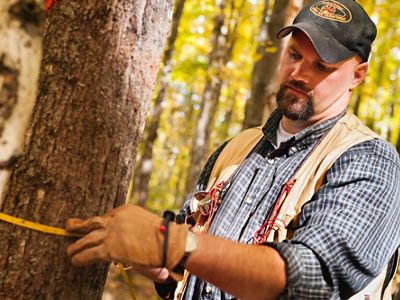
Chapter scientists began working with partners to make changes to our forest management at Caroline Lake Preserve in northern Wisconsin to help them remain healthy and resilient as the climate changes.
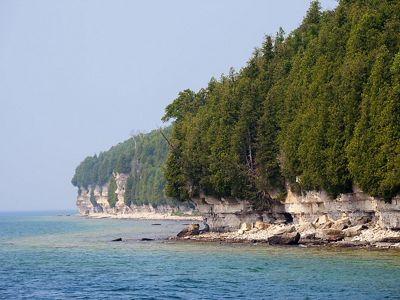
TNC worked with two families and our colleagues in Michigan to protect St. Martin Island in Lake Michigan and eventually add it to the Green Bay National Wildlife Refuge.
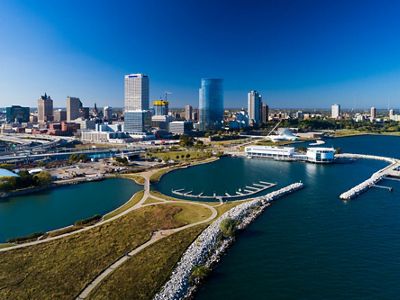
We launched a one-year planning process with individuals, organizations and agencies working in underserved communities in Milwaukee to explore conservation opportunities where TNC could help improve the natural environment and residents’ health and well-being.
What is TNC doing about climate change?
Climate change is the biggest challenge we face for so many reasons, including the fact that it exacerbates other major challenges like water pollution and flooding. It also puts all the lands and waters TNC has protected in our 60-plus-year history at risk.
Sadly, it has become such a polarizing issue in the U.S. that we find it difficult to talk about even with family and friends. But it’s imperative that we talk about climate change if we hope to find solutions.
In Wisconsin, with your support, TNC is working collaboratively with scientists, legislators, business leaders and communities to reduce greenhouse gas emissions and help natural and human communities adapt to the impacts of climate change.
Globally, TNC is focused on making nature part of the solution to climate change, such as restoring forests from Brazil to Indonesia, and working to ensure a clean energy future. In Wisconsin, we are changing the way we manage our forests in northern Wisconsin and the Baraboo Hills, so they remain healthy and resilient even as the climate changes.
Dive Deep Into Wisconsin's Nature
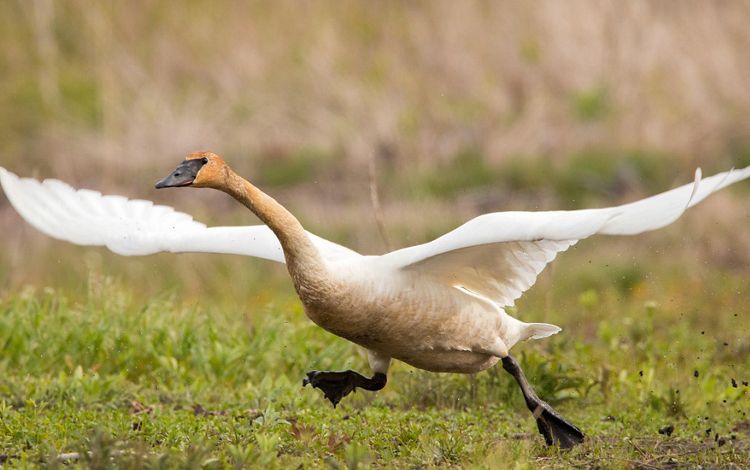
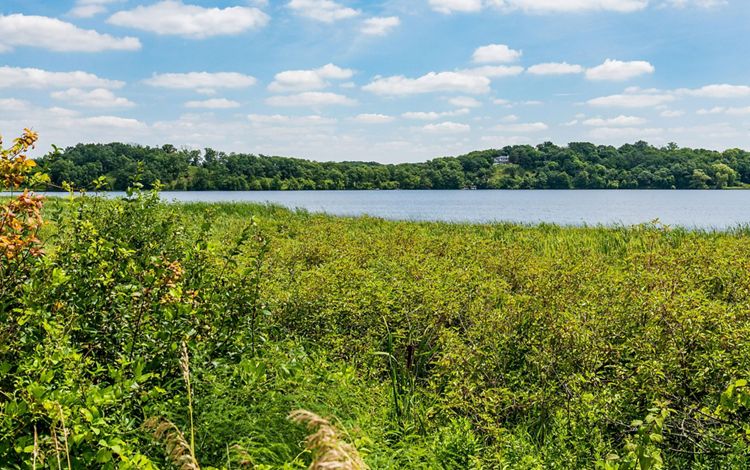
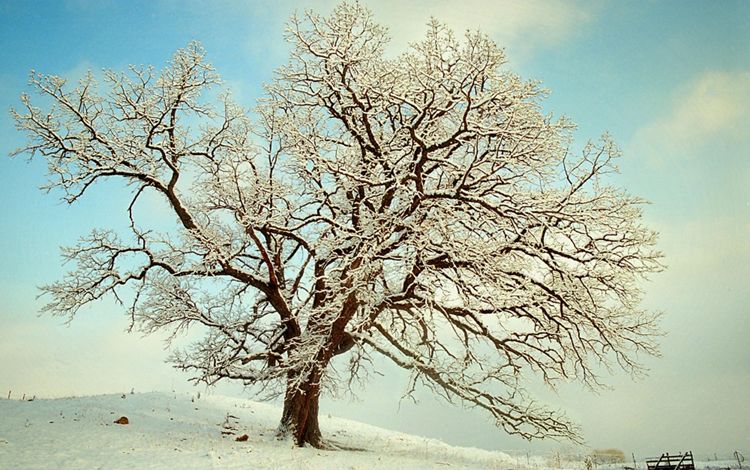
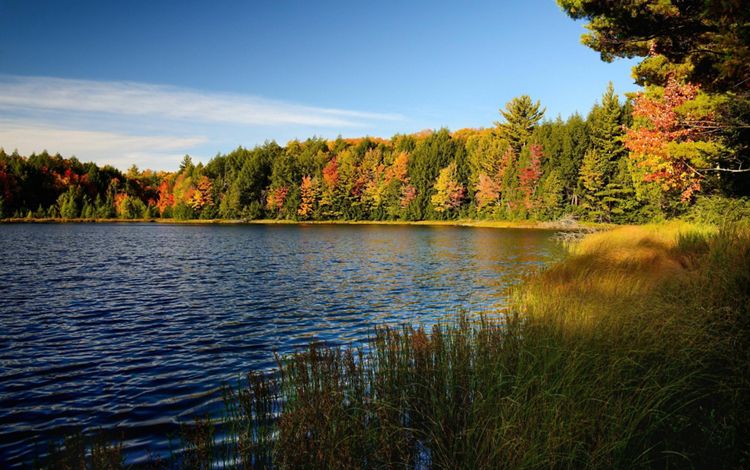
Why is TNC working with agriculture?
With food demand expected to increase by more than 50% in just the next 30 years as the world’s population grows, farmers will be challenged to meet that need while protecting the health of our soil and keeping our water clean here in Wisconsin and nationwide.
We believe healthy soil is the key to both productive farming and clean water. In partnership with Farmers for Sustainable Food and DATCP’s Producer-led Watershed Protection Grant Program, we are working with farmer-led groups to improve soil health and water quality by using conservation practices like cover crops and reduced tillage.
The farmers in these groups are sharing what they learn with each other and neighboring farmers, and they are setting goals and tracking conservation outcomes annually.

TNC is doing more work in cities now. Why is that?
By 2050, two of every three people on Earth will live in a city. To protect nature, cities can no longer be an afterthought. Cities, and the people who bring them to life, can be the solution to many of the environmental challenges we face.
TNC has joined the effort to address urban conservation challenges in Milwaukee and support and amplify the inspiring conservation efforts already underway.
Through a yearlong planning process, which included conversations with many Milwaukee stakeholders, we identified three focus areas—water quality and flooding, habitat quality and climate resilience—where we are helping to address critical conservation challenges by building partnerships to amplify and complement the work of others.
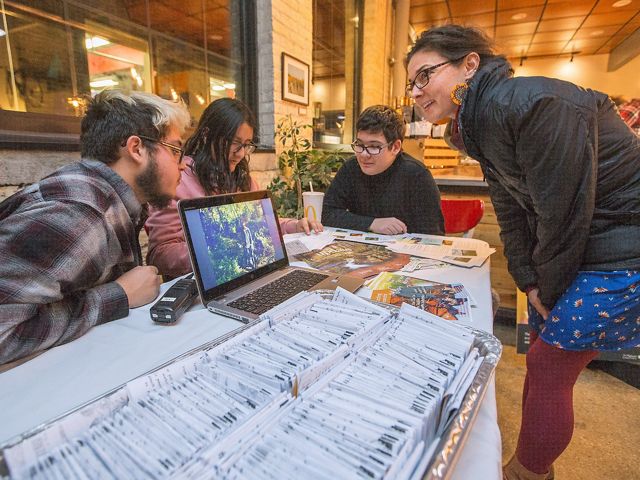

For the Love of Wisconsin
Together, we can ensure that our world is a place where people and nature can thrive!
Donate TodayTogether We Are Stronger
The Nature Conservancy has ambitious goals for the coming decade, and you, as part of the TNC family, are more important today than ever. The challenges we face are urgent and complex. It will take science, innovation and a diversity of voices and perspectives to find solutions. We all have a role to play in creating a more sustainable future for ourselves and for our planet, and together we are stronger.
